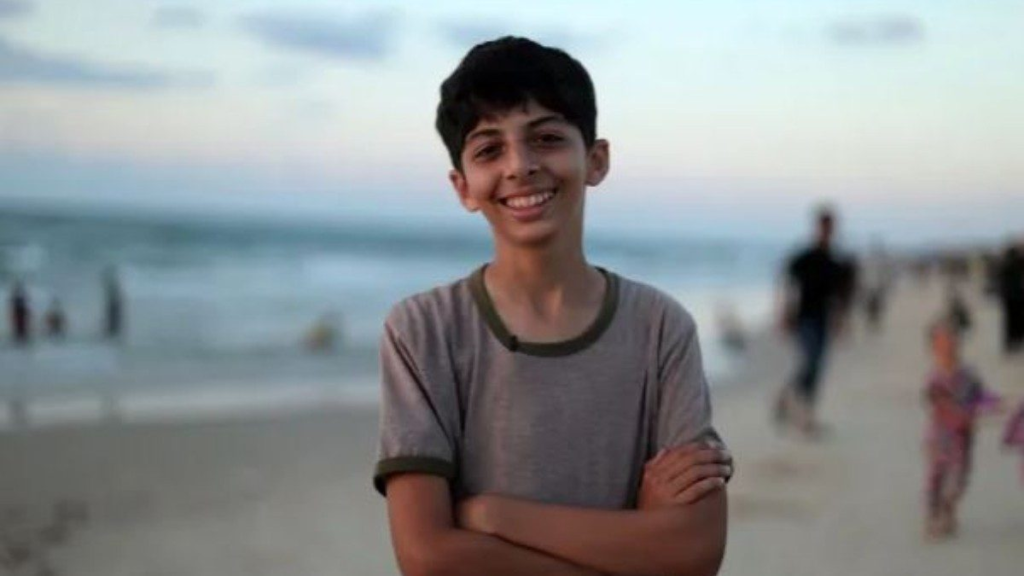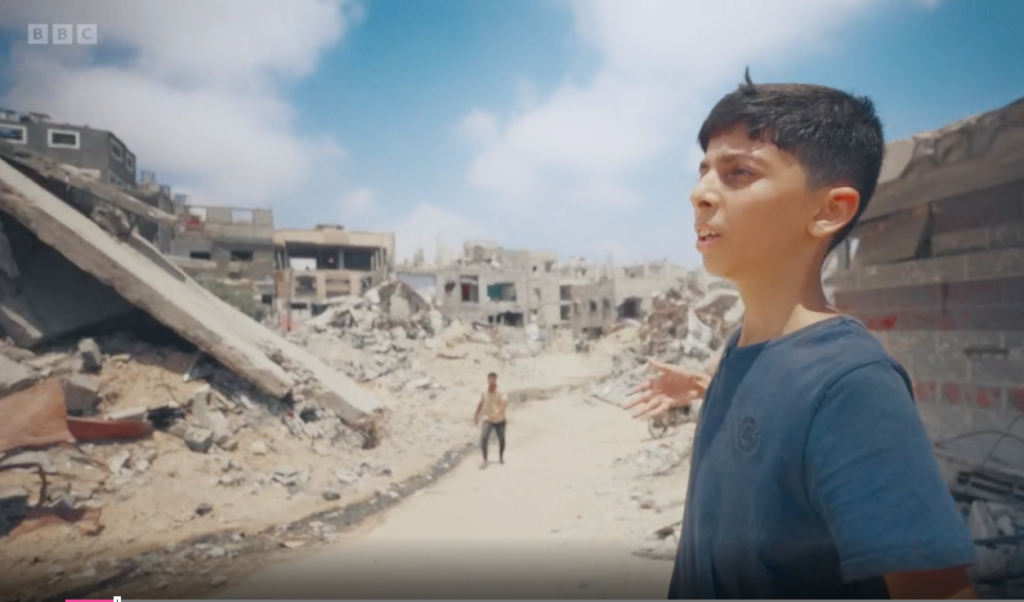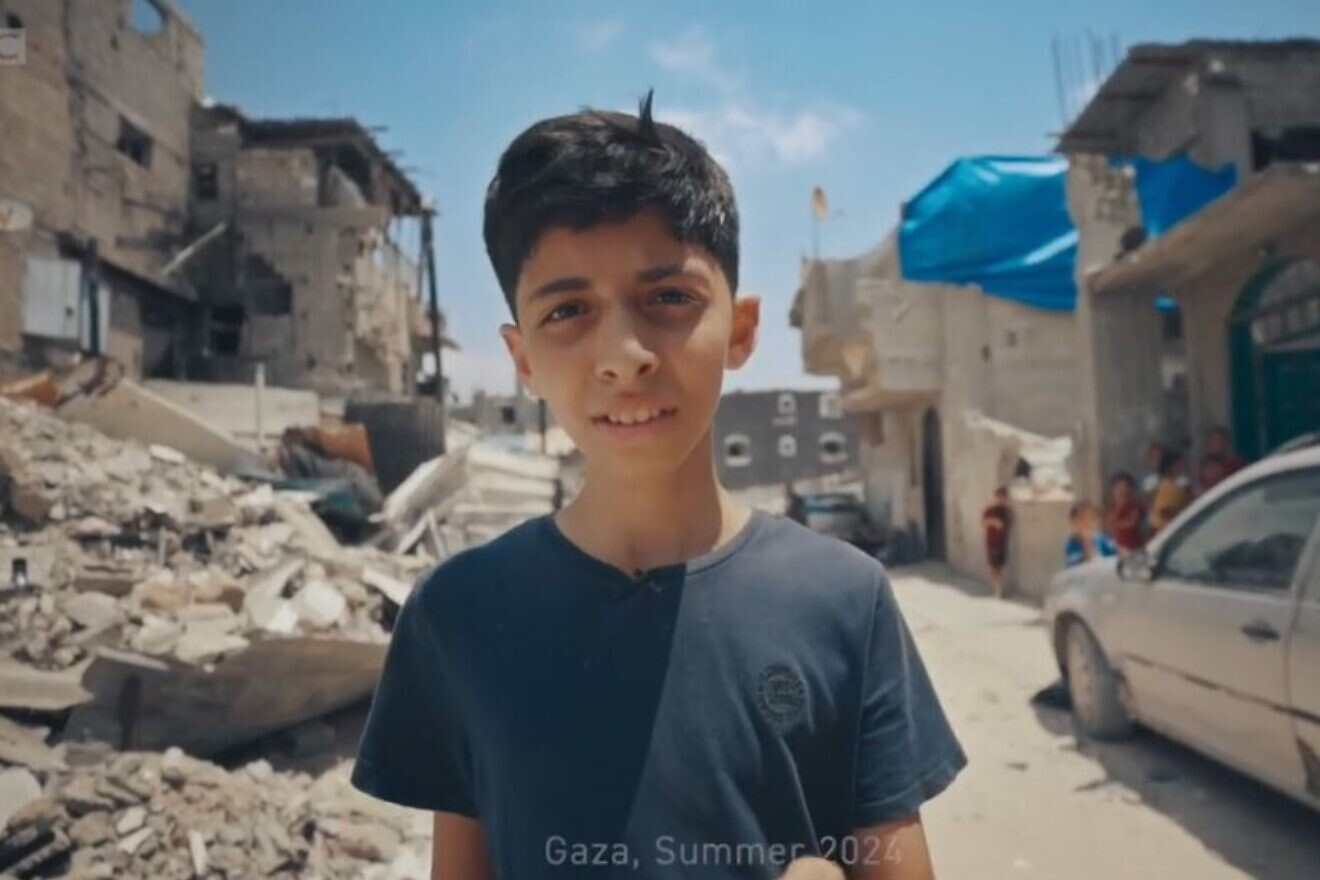The BBC has found itself at the center of controversy following the airing of its documentary “Gaza: How To Survive A War Zone” on BBC Two. The documentary, which provides a child’s perspective on the ongoing conflict in Gaza, is narrated by 13-year-old Abdullah Al-Yazouri.
However, it has since been revealed that Abdullah is the son of Ayman Alyazouri, Hamas’s deputy minister of agriculture. The omission of this detail from the original broadcast has led to criticism from various quarters, prompting the BBC to issue an apology and revise the information attached to the documentary.
BBC Documentary on Gaza
The revelation that the documentary’s narrator is related to a senior Hamas official has triggered strong reactions from politicians, media figures, and the public. UK Culture Secretary Lisa Nandy has expressed concerns over the BBC’s editorial choices and stated that she will be discussing the matter with the broadcaster.
Speaking to LBC, she acknowledged that the BBC typically exercises more caution than most broadcasters when handling sensitive content but emphasized the need to scrutinize how participants in the documentary were selected.
In addition to Nandy’s remarks, a group comprising actress Tracy-Ann Oberman, producer Neil Blair, former BBC One controller Danny Cohen, and producer Leo Pearlman has formally written to the BBC, demanding that the documentary be removed from circulation.
The letter raises questions about the BBC’s diligence in vetting contributors and seeks clarity on whether the broadcaster was aware of Abdullah Al-Yazouri’s family ties before airing the documentary. The signatories also asked whether the BBC had obtained permission from Hamas to produce the film, given the militant group’s control over Gaza.
Genocide apologists are trying to get the BBC to remove the documentary 'Gaza: How to Survive a Warzone' from iPlayer.
— Saul Staniforth (@SaulStaniforth) February 20, 2025
Here are some clips from the film (all the footage was filmed by two Palestinian cameramen in Gaza)pic.twitter.com/tEp6j1XRqo
The BBC responded by stating that it was unaware of the family connection at the time of broadcast and that the information had not been disclosed by the independent production company, Hoyo Films.
The broadcaster has since updated the documentary’s text description to acknowledge Abdullah’s father’s position in the Hamas-run government. However, it maintains that the film remains a significant portrayal of the impact of war on children in Gaza.
BBC’s Response and Editorial Standards
The BBC has sought to clarify its editorial stance and the measures taken to ensure compliance with its journalistic standards. In a statement issued on Thursday, the broadcaster reiterated its commitment to transparency and stated that additional context had been added to the film.
The revised text now informs viewers that Abdullah’s father is a deputy minister in the Hamas-run government and assures that the production team retained full editorial control during the filmmaking process.
Read : Jordan Will Take 2000 Sick Children for Treatment from Gaza: King Abdullah
The BBC further explained that it follows strict compliance procedures when producing documentaries, especially on conflict zones. However, it acknowledged that this particular detail had been omitted due to a lack of information from Hoyo Films.

The broadcaster’s decision to retain the documentary despite the controversy suggests a balancing act between addressing public concerns and maintaining the integrity of its journalistic work.
Critics argue that the failure to disclose the narrator’s background before airing the documentary undermines the BBC’s credibility. Some have accused the broadcaster of failing to exercise due diligence in its vetting process, while others have questioned whether the omission was a deliberate attempt to shape public perception.
Supporters of the BBC, on the other hand, contend that the documentary provides an essential perspective on the humanitarian impact of the war and that Abdullah’s personal connection to the conflict does not diminish the validity of his experiences.
Broader Implications and Media Ethics
The controversy surrounding “Gaza: How To Survive A War Zone” raises broader questions about media ethics and the challenges of reporting from conflict zones.
The BBC’s decision to work with an independent production company, Hoyo Films, has also come under scrutiny, with critics questioning whether third-party producers adhere to the same editorial standards as the BBC’s in-house teams.
Hoyo Films, a London-based production company, has previously worked with the BBC on war-related documentaries, including “Ukraine: Enemy In The Woods,” which was filmed by Ukrainian soldiers.
The involvement of independent producers in high-stakes geopolitical reporting adds another layer of complexity to the issue, as editorial control and fact-checking processes may differ from those of mainstream news organizations.

The BBC’s handling of this controversy is likely to have long-term implications for its reputation and journalistic practices. The incident has already fueled debates about bias in media coverage of the Israeli-Palestinian conflict and has intensified scrutiny of the BBC’s approach to reporting on sensitive geopolitical issues.
Meanwhile, the situation in Gaza remains dire. Since the outbreak of hostilities in October 2023, more than 48,000 Palestinians have reportedly been killed, according to Gaza’s Health Ministry.
The conflict has led to widespread humanitarian crises, with international organizations calling for an end to hostilities and greater access to aid. Hamas, the militant group that governs Gaza, continues to be a significant player in the conflict, engaging in hostage negotiations with Israel.
As the debate over the BBC’s documentary unfolds, it underscores the ongoing challenges of reporting on conflicts in an era of heightened political tensions and media scrutiny.
The balance between editorial transparency and the need to tell compelling human stories remains a delicate one, with this latest controversy serving as a stark reminder of the complexities involved in war journalism.
For now, the BBC has taken steps to address concerns, but the wider conversation about due diligence, media ethics, and the portrayal of war continues to evolve.

